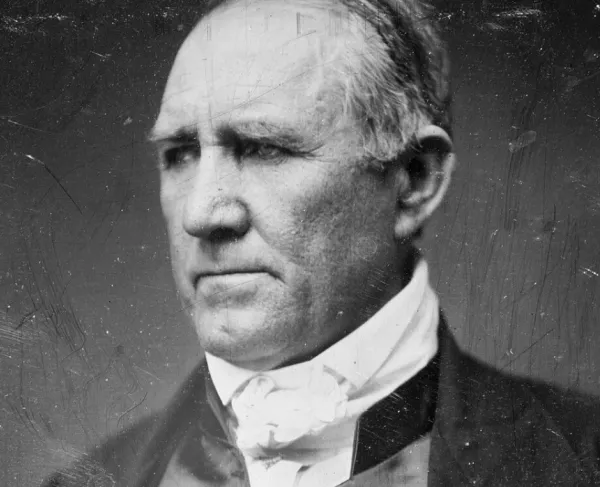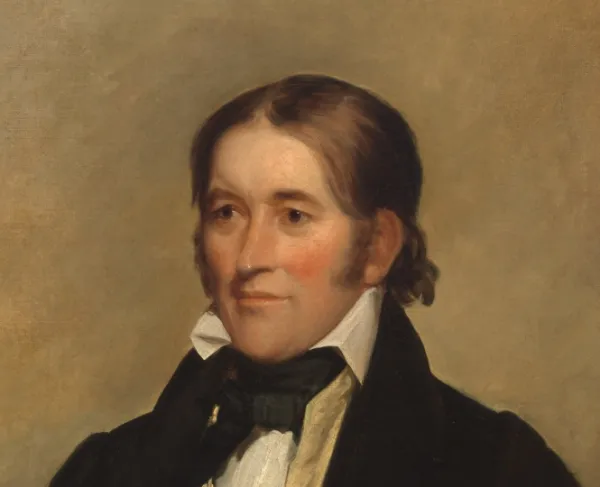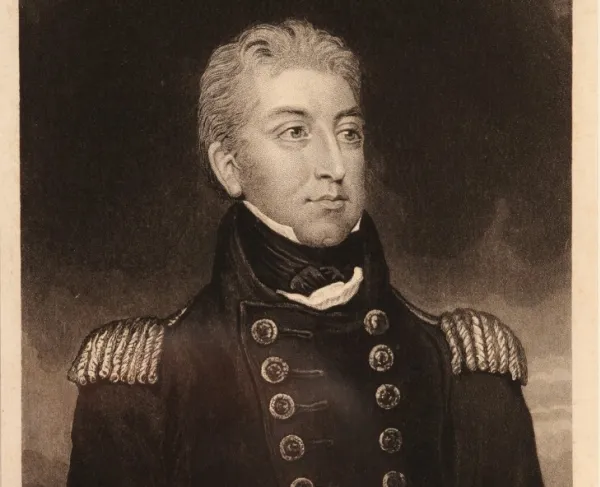Jean Lafitte

Most of Jean Lafitte’s life remains shrouded in mystery, including his name. Jean Lafitte, sometimes spelled Laffite, was born in approximately 1780 in either France or Saint Domingue (modern day Haiti) and according historian H.W. Brands, Lafitte “was French, Spanish or Jewish depending on who was asking.” Little is known about Lafitte’s early life, though he did have at least two brothers Pierre and Alexander (known as Dominique) who aided in his smuggling operation. By 1810 Lafitte operated as a pirate in Louisiana. Lafitte’s main commodity was African slaves because the United States outlawed international slave imports in 1808. Lafitte purchased slaves in the West Indies, where they were cheap, and then smuggled them into Louisiana where they were expensive because of this federal ban on slave imports. Additionally, Lafitte worked for the government of Cartagena, modern day Columbia, to sabotage Imperial Spanish commerce, which helped that former colony achieve independence. By the terms of this commission, Lafitte and his brothers could keep any commerce captured. However, American law prohibited the legal landing and selling of these stolen goods in the United States but that did not stop the Lafitte brothers who made their home base in the Barataria Bay of Louisiana, near New Orleans. Barataria Bay was perfect for their smuggling operations as the islands and bayous south of New Orleans protected their base. The water was deep enough that Lafitte could easily launch into the Caribbean but shallow enough to inhibit Spanish war ships from following the pirates home. Lafitte’s followers were known as Baratarians and often faced the threat of capture and imprisonment by United States customs officials and the Spanish Navy.
In September of 1814 the British enlisted Lafitte and the Baratarians to help fight against the United States in New Orleans. In exchange for this aid, the British offered Lafitte $30,000, the position as captain in the British Navy and amnesty from prosecution. Lafitte asked for two weeks to consider this generous offer and in that time he wrote to Governor Claiborne of Louisiana offering to assist in the defense of New Orleans against the British invasion in exchange for a pardon for his smuggling charges. Claiborne was inclined to accept this offer; however, the Louisiana legislature rejected Lafitte’s proposition. Neither aligned with the British nor the Americans, Lafitte’s base in Barataria Bay was raided and destroyed by both the British navy and American naval forces. However, in early 1815 General Andrew Jackson reconsidered Lafitte’s offer. Though Jackson initially hesitated over questions of the Baratarians loyalty and their federal indictment, he eventually relented after a judge suspended the indictment for four months because the Baratarians were the best gunners in the Caribbean and knew the terrain well. During the Battle of New Orleans, about 50 Baratarians manned the guns on American battleships and operated the terrestrial batteries. Jackson and Lafitte got along so well that the pirate became Jackson’s unofficial aide-de-camp.
Following the War of 1812, Lafitte received a pardon from President James Madison for his service and resumed his career as a pirate on Galveston’s Island in Spanish Texas. He served as a spy for the Spanish during Mexico’s war for independence. In 1820, the United States Navy shut down Lafitte’s smuggling operation in Spanish Texas, which is the last known record of Lafitte. Similar to most of Lafitte’s life, his death and the circumstances surrounding it remain unknown. Nevertheless, for a brief period in American history, Lafitte served as a patriot who fought for the protection and perpetuity of American ideals against the British imperial threat and as such remains a hero of the War of 1812.





